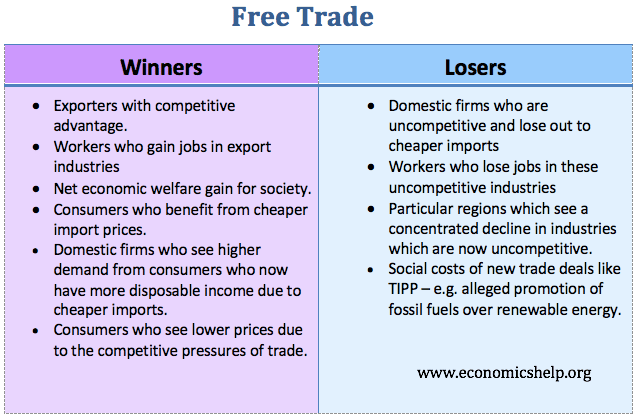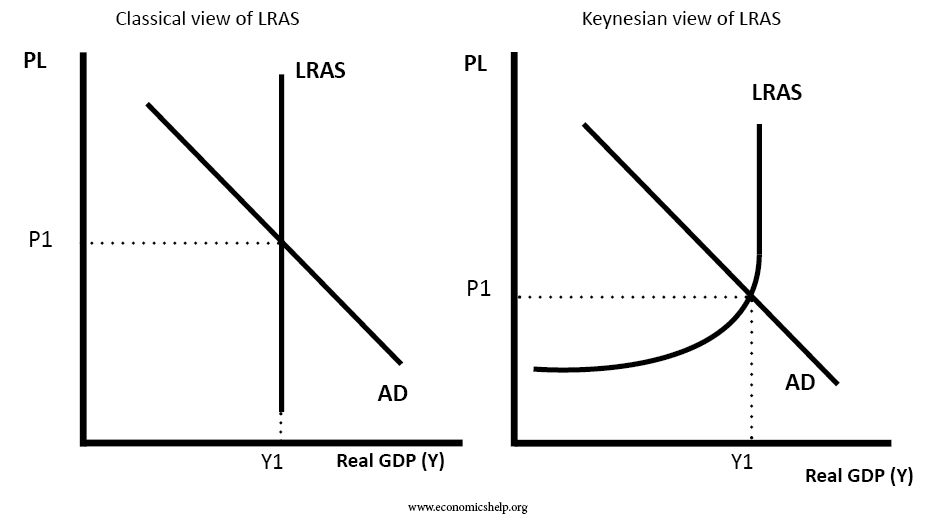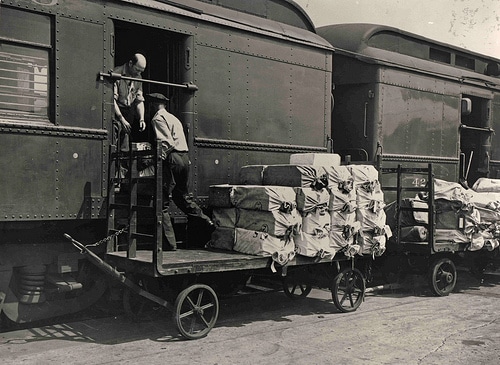Arguments against free trade
Many economists support free trade. However, in some circumstances, there are arguments in favour of trade restrictions. These include when developing economies need to develop infant industries and develop their economy. Reasons for blocking free trade Infant industry argument If developing countries have industries that are relatively new, then at the moment these industries would …



